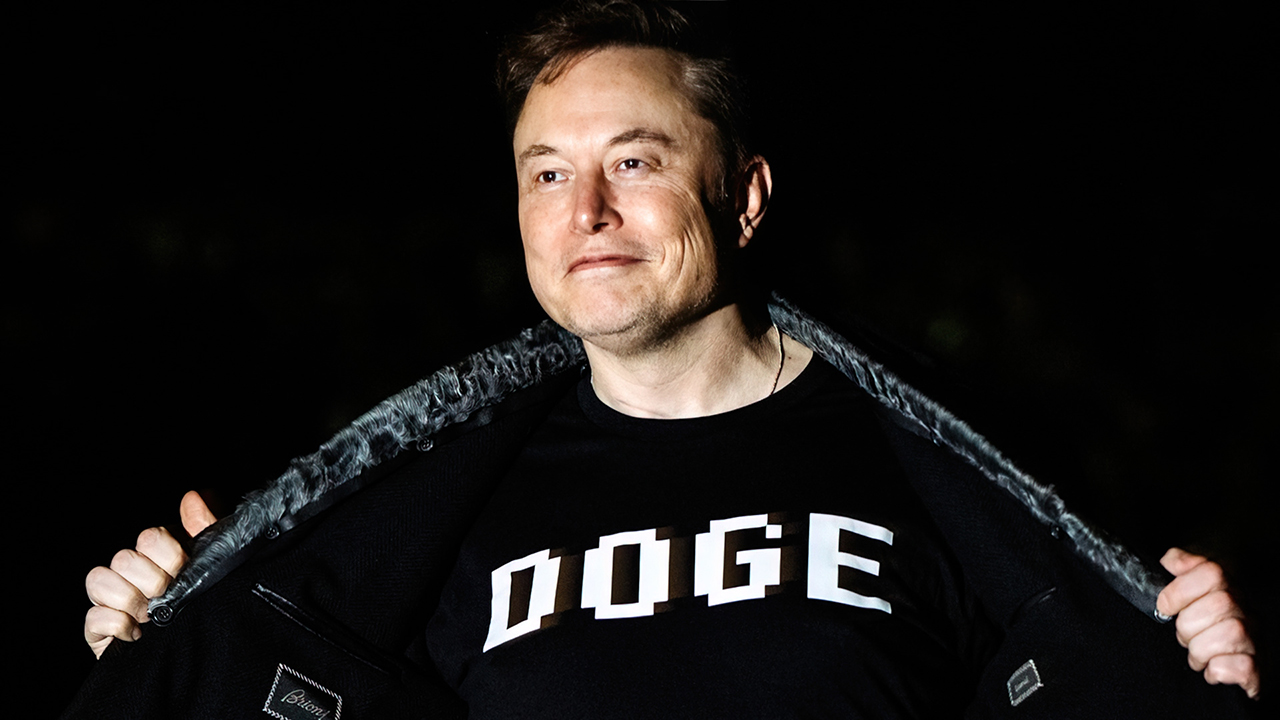Europe’s quiet AI advantage: Why specialisation is outpacing scale

The race for AI dominance is taking an unexpected turn. While Silicon Valley burns billions chasing the next ChatGPT, European startups are quietly winning by going narrow.
In boardrooms from Stockholm to Berlin, a new playbook is emerging: forget building the next universal AI brain, build the smartest one for your industry. European AI startups pulled in 55% more investment year-on-year in Q1 2025, according to Dealroom, even as global tech funding contracted. Nearly half of Europe’s new unicorns were AI companies, but here’s the twist: they weren’t trying to out-GPT OpenAI.
Instead, they were laser-focused on solving specific problems like diagnosing rare diseases, automating legal due diligence, or optimising supply chains. The message is clear: in a world obsessed with generalist AI, the specialists are cleaning up.
If you’re building in health, legal, or mobility tech, your competitive edge won’t come from scale; it’ll come from depth. While the giants chase everything, Europe’s AI startups are proving that knowing one thing exceptionally well beats knowing everything adequately.
The great pivot: From universal to vertical
European AI strategy represents a fundamental shift from the scale-first mindset that dominates the U.S. market. Rather than pursuing ever-larger models, many European founders are prioritising precision over breadth – designing tools optimised for defined business contexts.
General-purpose models often struggle with integration, contextual relevance, and compliance constraints in enterprise-grade environments – areas where vertical AI excels.
According to MarketDataForecast, the European AI market is projected to grow from $119.8 billion in 2025 to $1.433 trillion by 2033. An industry analysis by Roland Berger noted that the most valuable AI companies are not building general-purpose systems but applying AI to specific domains with measurable value. According to Atomico, a significant share of AI funding in 2024 went to early-stage companies focused on vertical applications.
Regulation as a competitive advantage
Europe’s often-cited regulatory strictness is proving to be a catalyst for differentiated innovation. The EU AI Act emphasises ethics, explainability, and transparency, which has forced startups to bake compliance into the architecture of their solutions, offering trust and clarity as core product features.
One example is Paris-based Orasio, which raised €14 million in 2025 for a platform focused on AI-driven real-time video analysis in public safety. The startup’s solution integrates privacy safeguards and policy-aligned features, setting a precedent for AI systems that balance efficacy with accountability.
Another is Legora, a Stockholm-based company developing collaborative legal tech platforms built specifically for regulatory-heavy workflows in law firms. These tools are not attempting to serve everyone; they’re engineered for very specific professional use cases (EU Startups).
Industry-specific innovation
European startups are excelling in areas where domain expertise matters more than compute scale. London-based Latent Labs, for example, recently raised $50 million to support AI-driven protein design, a high-impact application requiring a fusion of biology and machine learning expertise.
In manufacturing, vertical AI enhances existing systems rather than replacing them. Startups are embedding intelligent automation into production lines, logistics chains, and quality assurance protocols, delivering efficiency gains without disrupting established workflows.
Specialised systems can be designed to fit directly into established operational frameworks, minimising disruption and accelerating deployment cycles.
The capital efficiency: Smaller rounds, bigger impact
European startups are proving that narrow, high-precision solutions can gain traction and deliver business value with significantly less capital. In 2024, AI represented roughly 20% of all VC investment in Europe (€8 billion), with 70% flowing into seed through Series B rounds (TechCrunch).
France emerged as a regional leader, accounting for over €1.3 billion in AI investment, driven in part by players like Mistral AI, whose offerings are shaped by multilingualism, regulation, and enterprise integration rather than raw model scale.
Europe’s comparative shortage of hyperscale infrastructure has become an unexpected asset. With only 18% of global data centre capacity (compared to 37% in the U.S.), startups are forced to prioritise efficiency over brute-force compute. Without hyperscale infrastructure, European startups have been forced to design more efficient inference architectures, a constraint that has driven innovation at the system level.
Talent density and domain clusters
Europe hosts approximately 120,000 AI professionals compared to 112,000 in the U.S., with talent distributed across research institutions and industry clusters, creating localised centres of excellence. Germany’s strength in automotive, France’s in aerospace, the Nordics’ in energy, and the UK in finance each provide unique ecosystems for vertical AI development.
The next chapter of AI adoption
As the global AI narrative shifts beyond model breakthroughs, Europe’s vertical AI approach is delivering real business outcomes. The newly announced €150 billion EU AI Champions Initiative explicitly backs specialised applications and enabling infrastructure over foundational model development, affirming the EU’s strategic direction.
Customers, too, are recalibrating expectations. The central questions are no longer “Can AI do this?” but “Can it do this reliably, compliantly, and cost-effectively?” For European startups, that is precisely the opportunity.
Specialisation as long-term defensibility
Specialised AI systems offer more than short-term product-market fit. They create durable competitive advantages by embedding regulatory compliance, domain-specific knowledge, and localised workflow barriers that are harder to replicate than model architecture alone.
The leading European AI teams are architecting systems that reflect regulatory realities, domain-specific complexity, and operational constraints, not just product ambition. This alignment may ultimately prove more defensible than any technological edge.
As the hype around general-purpose AI continues to dominate headlines, European AI startups are quietly shaping the infrastructure that will define the next era of applied intelligence. Their focus on specialisation, integration, and measurable value reflects both necessity and insight. And as global markets evolve, this measured, deeply contextual approach could position Europe not just as a participant in the AI race, but as a leader in its most impactful domains.
The post Europe’s quiet AI advantage: Why specialisation is outpacing scale appeared first on EU-Startups.















































